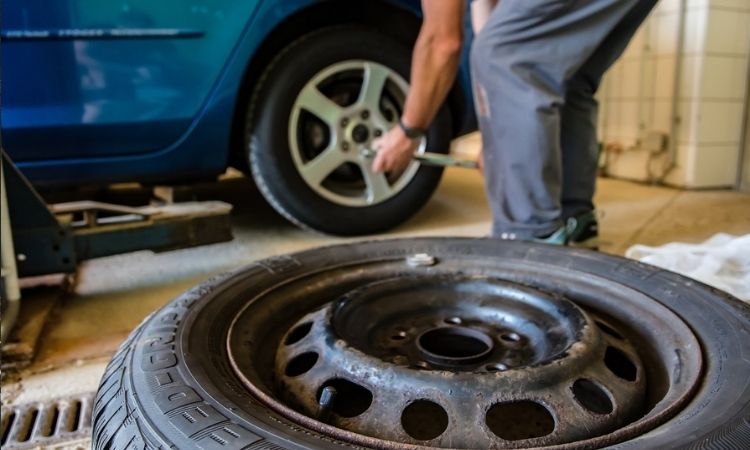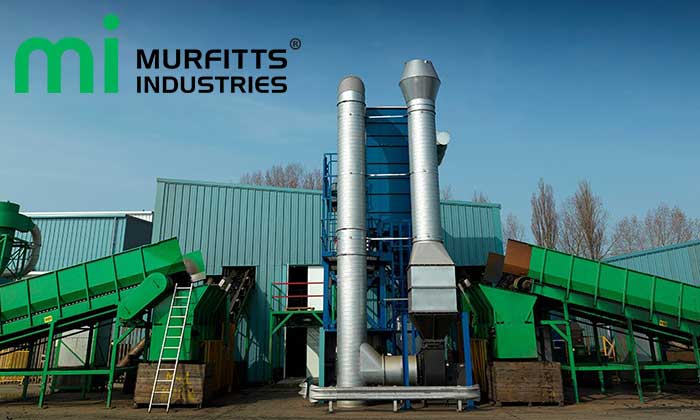Waverly Carbon tackling energy and supply pressures with rCB
The global manufacturing community is certainly used to facing and overcoming challenges, yet 2022 has been particularly problematic with the pressures of soaring energy costs and resource limitations. These obstacles are forcing the sector to look afresh at sustainable raw material alternatives, including Recovered Carbon Black. Made from recycled waste tires, rCB can, depending on the applications, fully replace virgin carbon black or be blended with and integrated into existing recipes, offering sustainability & cost benefits.
Energy reduction in manufacturing
The world’s collective dependence on fossil fuels has rightly been condemned as unsustainable. International institutions, corporates and consumers are facing up to the challenge of weening the world off fossil fuels, their derivatives, and by products. Governments have renewed ambitions to tackle climate change. The EU has suggested a reduction in household heating by 1 degree, whilst the International Energy Agency (IAE) proposes lowering speed limits, increasing home working, and care-free Sundays to minimise oil demands.
With potential regulatory demands, coupled with substantial increases in costs, manufacturers acknowledge that they must seek a resolution. Yet reducing energy consumption in the rubber and plastics sectors is not so straight forward. Workers are generally required to be on site and products still need to undergo energy intensive processes. However, manufacturers can have more success by looking at the materials they use in their production, such as carbon black which is oil-heavy and creates a huge amount of carbon emissions in production, and consider the use of more sustainable ones, such as Recovered Carbon Black (rCB).
Recovered Carbon Black
rCB is made from recycled waste tires and, depending on the applications, can fully replace virgin carbon black or be blended with and integrated into existing recipes, offering sustainability and cost benefits. Customers can lower their virgin carbon black requirements in times of short supply, as well as helping them reach their sustainability targets. For many applications, introducing rCB into the formulation does not degrade the quality and characteristics of the material. In some cases, rCB offers improvement, such as in damping properties in rubber.
By actively reviewing rCB in their formulations, R&D departments across the rubber and plastics sectors can step up to the challenge of helping their companies reduce their reliance on virgin carbon black. Replacing virgin black with rCB can be a relatively quick and easy substitution, depending on end-product requirements and sector demands. rCB also offers potential for cost savings and consistent pricing based on a stable cost base, as input costs tend to be more fixed compared to virgin carbon black, where oil prices are a major source of pricing instability. Rubber and plastics manufacturers can alleviate some of the operational risks and pressures with credible options, such as rCB, to lower their direct and associated impact on the environment without compromising on output or quality. Now, more than ever, integrating rCB into formulations makes strategic, financial, and environmental sense.
Article by Waverly Carbon.
Weibold is an international consulting company specializing exclusively in end-of-life tire recycling and pyrolysis. Since 1999, we have helped companies grow and build profitable businesses.









